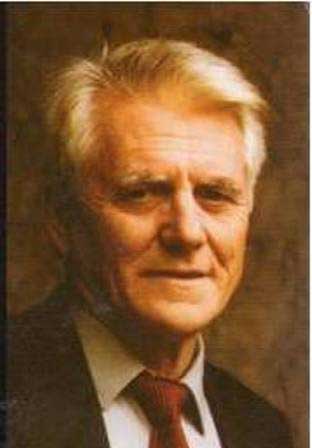Professor Gwyn Alfred Williams
a people's remembrancer

Gwyn Alfred Williams (1925 – 1995)
a people's remembrancer
History is more than a page in a book. History is the buckle that bites back, history is the sweat you can't keep out of your eyes, history is the the fear crawling in your belly.
Copyright 2016 – 2026 G&SWebDesign All Rights Reserved.
Last updated: 15/04/2024